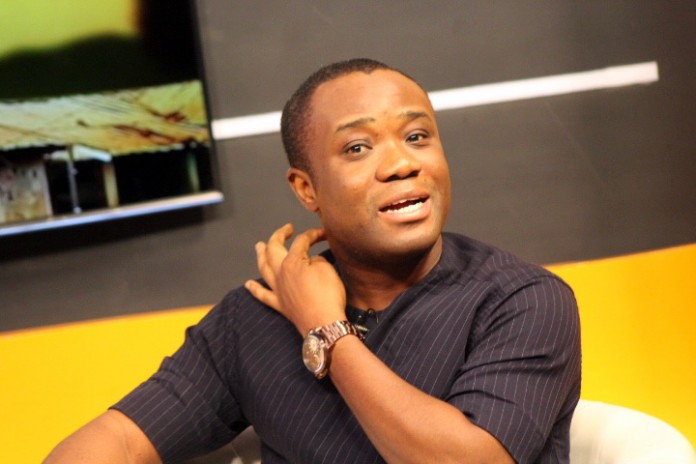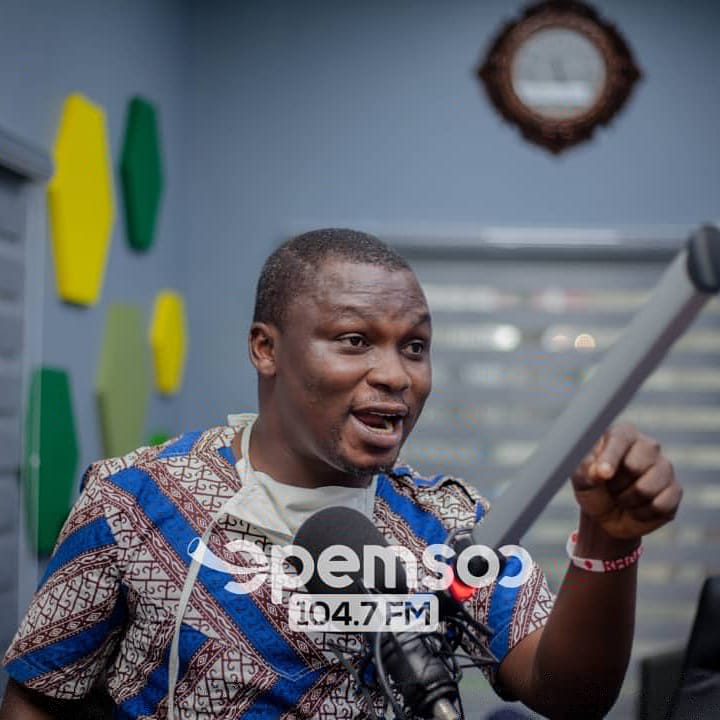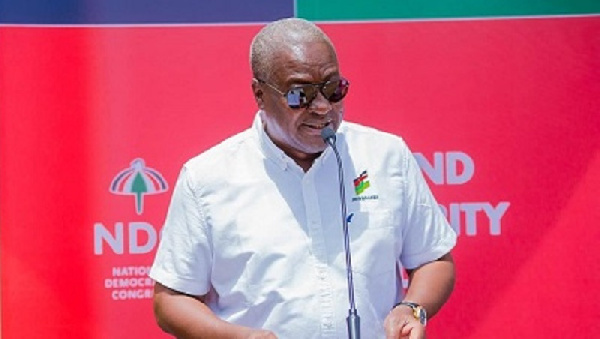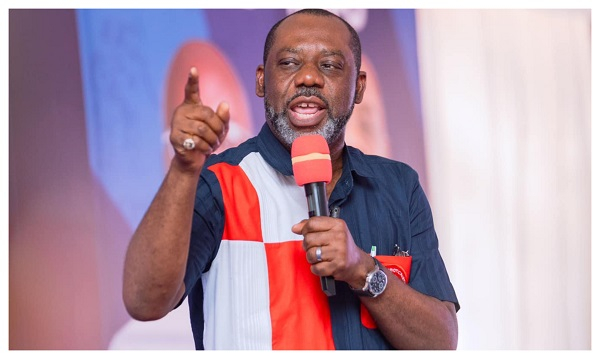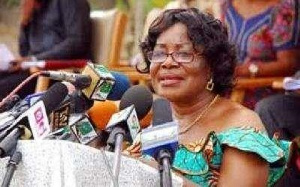From Ghana’s first female MP till date: Women representation in parliament since 1951
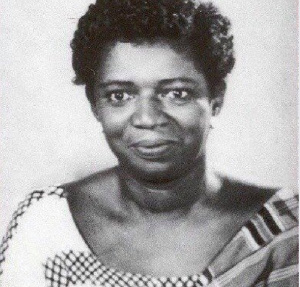
From recent developments and agitation to get more female representation in politics, it wouldn’t be far from right to state that the coiner of popular quote, “what men can do women can do better” had quite a good reason.
Despite the remarkable heights reached in Ghana’s democratic development over the past decades, it still lags behind countries like Ethiopia and Rwanda in terms of women representation in parliament.
Nonetheless, there have been some steady progress since the first female parliamentarian was elected in 1954.
In this article, GhanaWeb introduces you to the first female parliamentarian and the progress that has been recorded thereafter, in women representation in parliament.
Prior to the second official parliamentary election in 1954, the number of seats had expanded to 104 after the elections, however, only one female representative was elected to join the league of men in Parliament which then was called the Legislative Assembly.
She was Mabel Dove Danquah, a journalist born in 1905 and once married to JB Danquah. Her election in 1954 signified a major milestone in the country’s history and in the fight to achieve equal political representation.
Mabel Dove Danquah won on the tickets of the CPP to represent the Ga constituency.
The journey after Mabel Dove
After Mabel Dove’s election in 1954, not much was documented for female representation in parliament until 1960 when the Representation of the People (Women Members) Bill was passed and 10 female representatives were elected to join. These women were unopposed in their bid.
Subsequently, in 1965, the female representation grew from 10 to 19 and spread across nine regions of the country. The regional breakdown is as follows; Greater Accra had one female, Ashanti had four women, Brong Ahafo got two women, Central Region, one; Eastern, four; Northern region two; Upper had two; Volta had two and Western Region, one.
According to parliamentary archives, between 1969 and 1979 women representation in parliament did not see any significant improvement. The number dwindled further down to as low as one female representative in 1969.
However, as the new dawn broke and the country entered the fourth republic, some substantive improvements were recorded.
From 1992-1996, the parliamentary elections had produced 18 women parliamentarians who were representatives of eight regions across the country. The regional breakdown is as follows; Ashanti had 2 women, Central had 4 women, Brong Ahafo had 3, Eastern Region 1, Greater Accra 4, Northern Region 2, Upper East 1, and Western Region 1.
In the 2000 parliamentary elections, 200 seats in parliament were to be occupied, out of this number women aspirants managed to secure on 18 in nine regions across the country.
The only difference from the 1996 elections was that Volta Region which did not have any representative got 1 and Eastern Region female representative had lost her seat.
2004 elections came fast and brought remarkable changes to female representation in parliament. In fact, all 10 regions in the country got female representatives and the number moved from 18 to 25.
The Regional breakdown; Ashanti Region moved from 2 female representatives to 5, Brong Ahafo had 1, Central Region had 2, Eastern had 1, Greater Accra got 5 women, Northern Region 4, Upper East got 1, Upper West 1, Volta had 2 and Western Region had 3 women.

Unfortunately, however, in 2008 the number of women who won the parliamentary election reduced to 20 and spread across eight regions in the country. Upper East and Brong Ahafo female representatives lost their seats.
However, the narrative changed in 2012 after 30 female parliamentary aspirants were elected to join their male counterparts. They were spread through all the 10 regions of the country. Percentage-wise, this represented only 11 percent of the 30 percent United Nations minimum.
During the 2016 general elections, the number of parliamentary seats had grown to 275 but the impact of women wasn’t exactly felt.
Only 37 female representatives were elected.
Some Ghanaians are, however, hopeful that the number of female aspirants for the upcoming 2020 general election would see a massive boost, given the height of affirmative campaigns to achieve the 30 percent UN minimum.
So far over 40 female aspirants have been given the nod to compete on the tickets of their parties in the upcoming polls.
Source: www.ghanaweb.com


